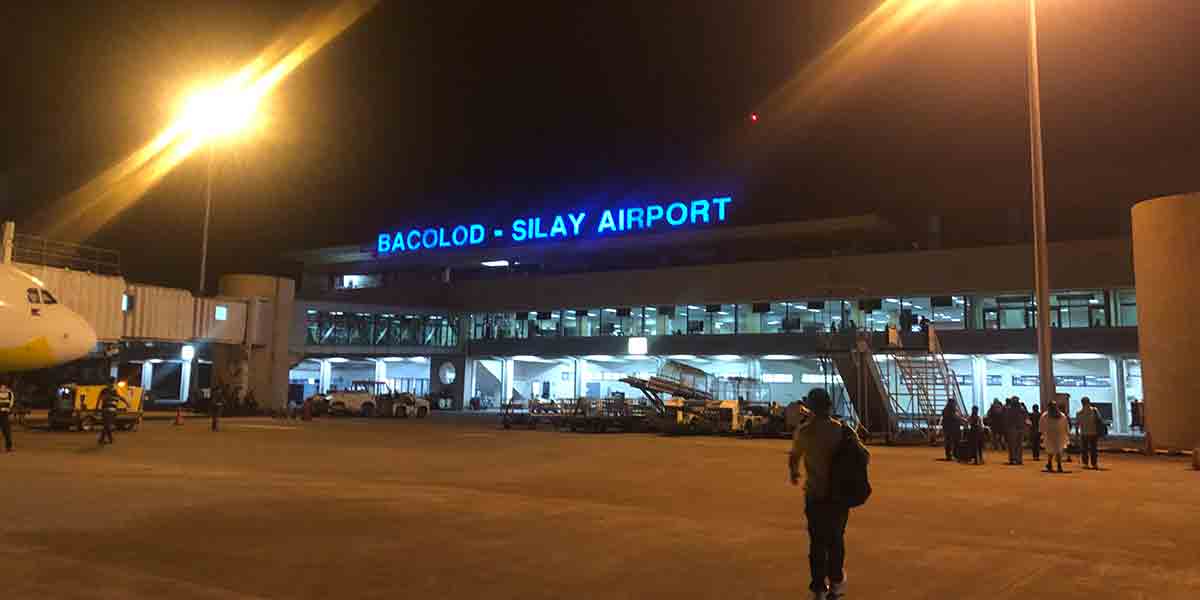By Herbert Vego
WELCOME to the province of Iloilo, MORE Electric and Power Corporation!
MORE Power for short, Iloilo City’s electricity-distribution utility is expanding its franchise to 15 towns and a component city of the province in view of the impending passage into law of the bill (HB 10306) that has just passed the Senate on third reading. Only one more signature, that of President Rodrigo Duterte, remains to be affixed.
The new law — an amendment of RA 11212 which granted MORE Power the 25-year franchise to distribute electricity in Iloilo City – would enable the company to also energize households and business establishments in the municipalities of Alimodian, Leganes, Leon, New Lucena, Pavia, San Miguel, Santa Barbara, Zarraga, Anilao, Banate, Barotac Nuevo, Dingle, Duenas, Dumangas, San Enrique and Passi City, all of which are still being served by the Iloilo Electric Cooperative (ILECO).
The clamors from the people of the aforesaid municipalities have prompted their congressmen – Mike Gorriceta of the 2nd District and Ferj Biron of the 4th District – to file a bill expanding MORE Power’s franchise.
They have noticed the difference that MORE Power has made in the lives of residents of Iloilo City, who enjoy maximum electricity at the lowest cost, which at present is only ₱7.22 per kilowatt-hour. That is much cheaper than what Meralco charges in Metro Manila, which is around ₱10/kWh.
Much higher are the rates of ILECO 1, 2 and 3 which range from ₱11 to ₱13/kWh.
MORE Power has grown side by side with Iloilo City since February 29, 2020 when it took over the city’s distribution-utility franchise from its predecessor, Panay Electric Co. (PECO). Starting from a base of 64,000 customers, it has expanded to today’s 86,000.
The increase in their number mainly mirrors the acceptability of the city as an alternative place to reside or do business in. Cheaper and more comfortable standard of living and cheaper electricity have certainly factored in the migration of residents from Metro Manila and other cities, which is evident in the mushrooming rise of residential and commercial buildings in Iloilo City.
When MORE Power kicked off two years ago, it had no choice but impose a much higher rate of ₱11/kWh in order to cope with the system’s loss, which refers either to energy consumed in transit from source to destination or to energy lost to power pilferage.
The effective clampdown on power pilferage through imposition of fines and penalties on violators, however, has greatly reduced system’s loss from 28% to 7.8%. Thanks to the strict enforcement of the anti-pilferage law (RA 7832) that renders electricity theft punishable by up to 12 years of imprisonment or up to ₱100,000 in fines.
Why could ILECO not be as efficient in detecting “jumpers” or illegal power lines that have triggered hefty system’s loss, rendering it impossible to minimize billing rates? Is it because its area of coverage is so vast that its insufficient personnel could not keep track of?
To solve that problem, the ILECOs need to downsize and thus be more efficient in holding pilferers accountable, resulting in lower rates.
On the contrary, unfortunately, some ILECO executives don’t buy that; they insist that a reduction in the number of their territories would result in lesser income and render them incapable of paying the salaries of personnel. I beg to disagree because it would also allow them to retrench personnel and thus save on overhead cost.
I recall that when PECO folded up with the entry of MORE Power, the latter absorbed most of its engineers and technical personnel because of their expertise. Some of them have already been rewarded with top positions.
Kudos to MORE Power President Roel Z. Castro for his able leadership that has catapulted the company to its enviable reputation. It is the kind of leadership learned and earned from courses at the University of the Philippines (Agri-Business) in Los Baños, the Asian Institute of Management in Makati City, the University of Asia and the Pacific in Pasig City, and the ISSE Business School at the University of Navarra in Spain.
Castro is a visionary with the determination to modernize MORE Power into world-class level within only five years. To do so with additional coverage areas would no doubt be harder. But given the right terms and conditions, a suggested joint-venture with ILECO would be most favorable to consumers, since there would no longer be need for the incoming player to put up poles and lines except for the purpose of upgrading.
It is our hope and prayer that the three ILECOs in Iloilo province stop opposing MORE’s “intrusion” on the ground of franchise infringement. As cited by MORE legal counsel Atty. Alyana Babayen-on, there is nothing in the proposed law that equates it with expropriation of ILECO facilities. It could result either in healthy competition or in a joint venture.
As the saying goes, “The more we get together, the happier are we.”






















